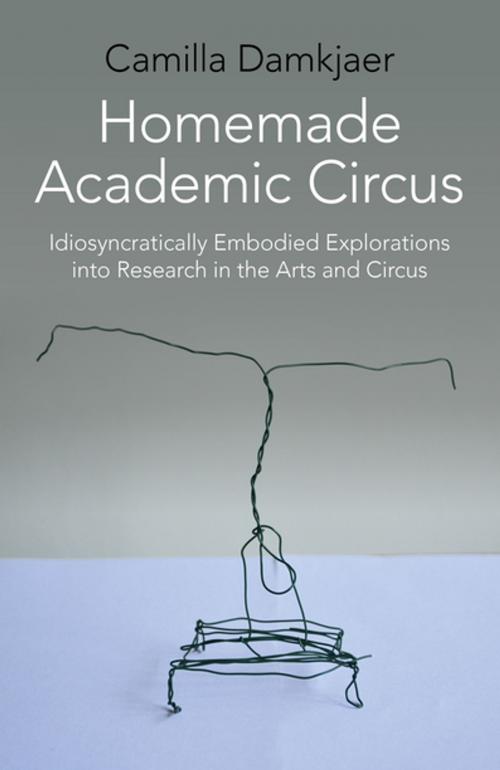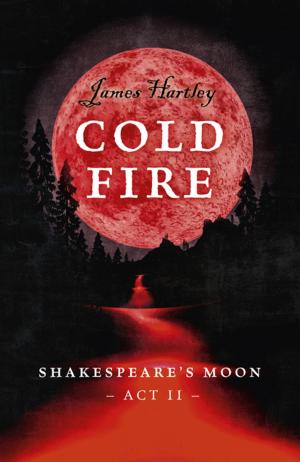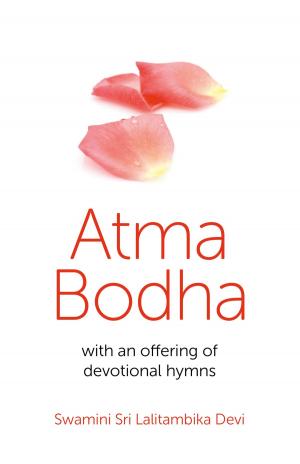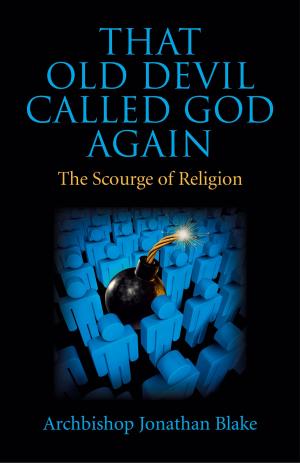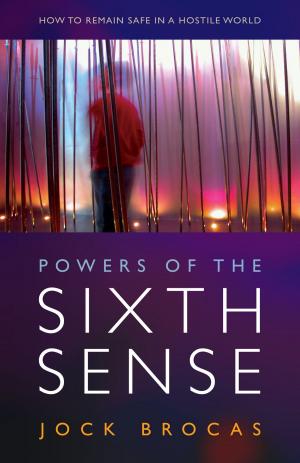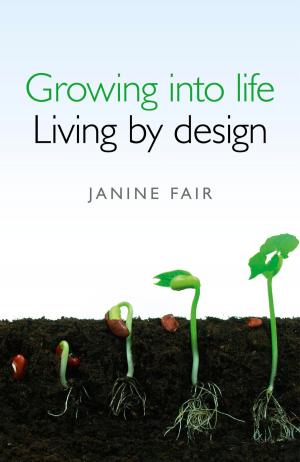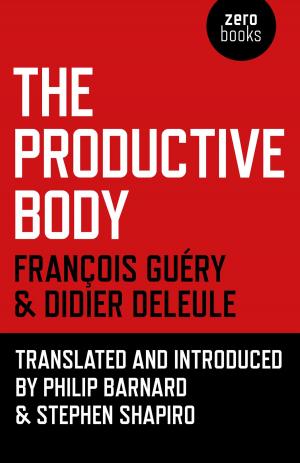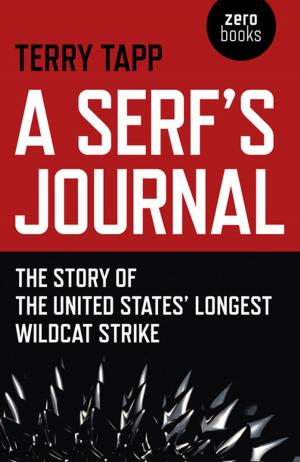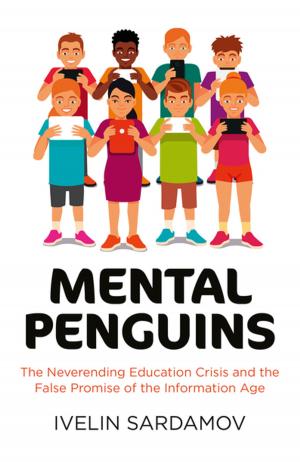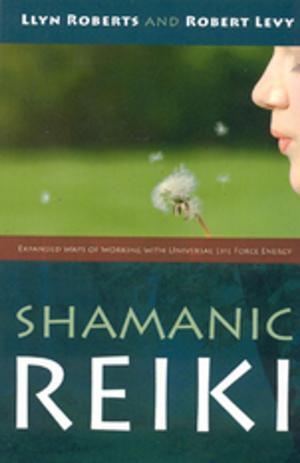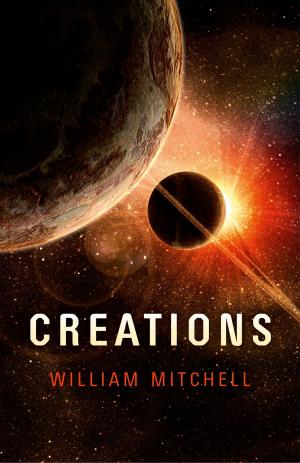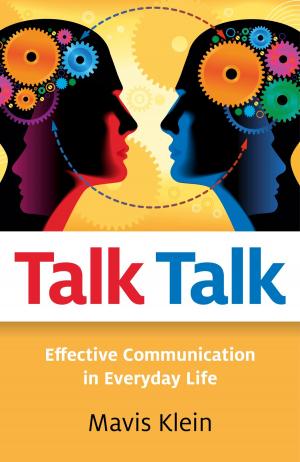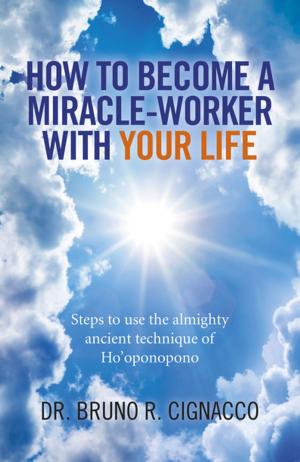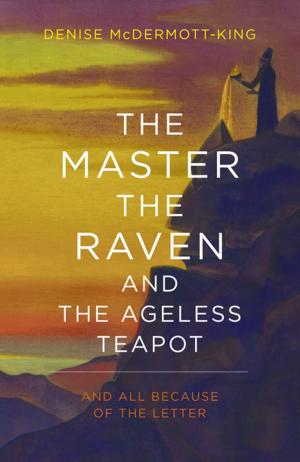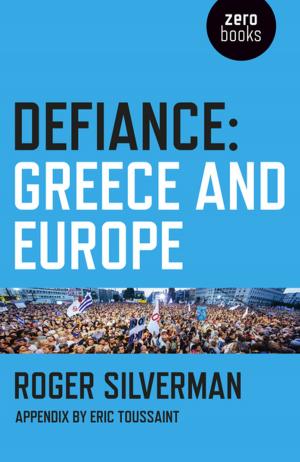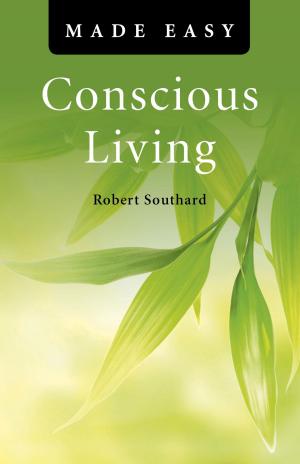Homemade Academic Circus
Idiosyncratically Embodied Explorations Into Artistic Research And Circus Performance
Nonfiction, Entertainment, Performing Arts, Theatre, Circus| Author: | Camilla Damkjaer | ISBN: | 9781782799023 |
| Publisher: | John Hunt Publishing | Publication: | June 24, 2016 |
| Imprint: | Iff Books | Language: | English |
| Author: | Camilla Damkjaer |
| ISBN: | 9781782799023 |
| Publisher: | John Hunt Publishing |
| Publication: | June 24, 2016 |
| Imprint: | Iff Books |
| Language: | English |
This book takes its starting point in a rare experiment, that of an academic researcher attempting to learn to do circus. What happens to the knowledge of the performance theoretician when physically engaging with the circus arts? One of the (im)material outcomes of this experiment is what the author calls "homemade academic circus” - a series of lecture-performances on performance-related academic questions, presented and discussed through circus disciplines. The interest of homemade academic circus, and the analysis of it presented in this book, lies not only in the fact that it is a form of curiosity within academic research. It is also worth noting that the main character in this experiment (sometimes known as the “professional amateur” or the “academic freak”, the alter egos of the researcher) goes through the opposite process of what many artists within artistic and practice-based research experience today. What happens if, rather than going from art to academia, one would go from academia to art? Which cultural and paradigmatic shocks would that produce, and how would that influence the researcher’s understanding of knowledge and thinking?
This book takes its starting point in a rare experiment, that of an academic researcher attempting to learn to do circus. What happens to the knowledge of the performance theoretician when physically engaging with the circus arts? One of the (im)material outcomes of this experiment is what the author calls "homemade academic circus” - a series of lecture-performances on performance-related academic questions, presented and discussed through circus disciplines. The interest of homemade academic circus, and the analysis of it presented in this book, lies not only in the fact that it is a form of curiosity within academic research. It is also worth noting that the main character in this experiment (sometimes known as the “professional amateur” or the “academic freak”, the alter egos of the researcher) goes through the opposite process of what many artists within artistic and practice-based research experience today. What happens if, rather than going from art to academia, one would go from academia to art? Which cultural and paradigmatic shocks would that produce, and how would that influence the researcher’s understanding of knowledge and thinking?
